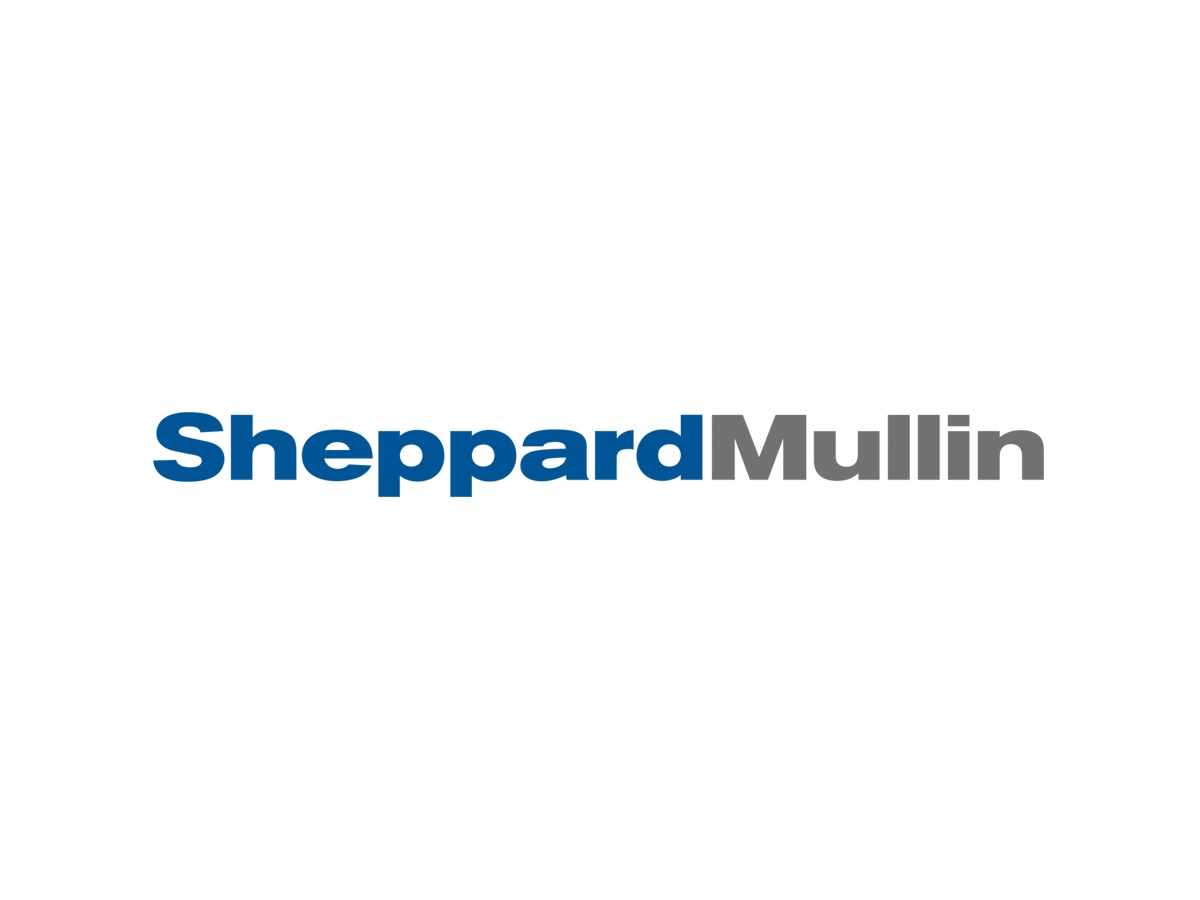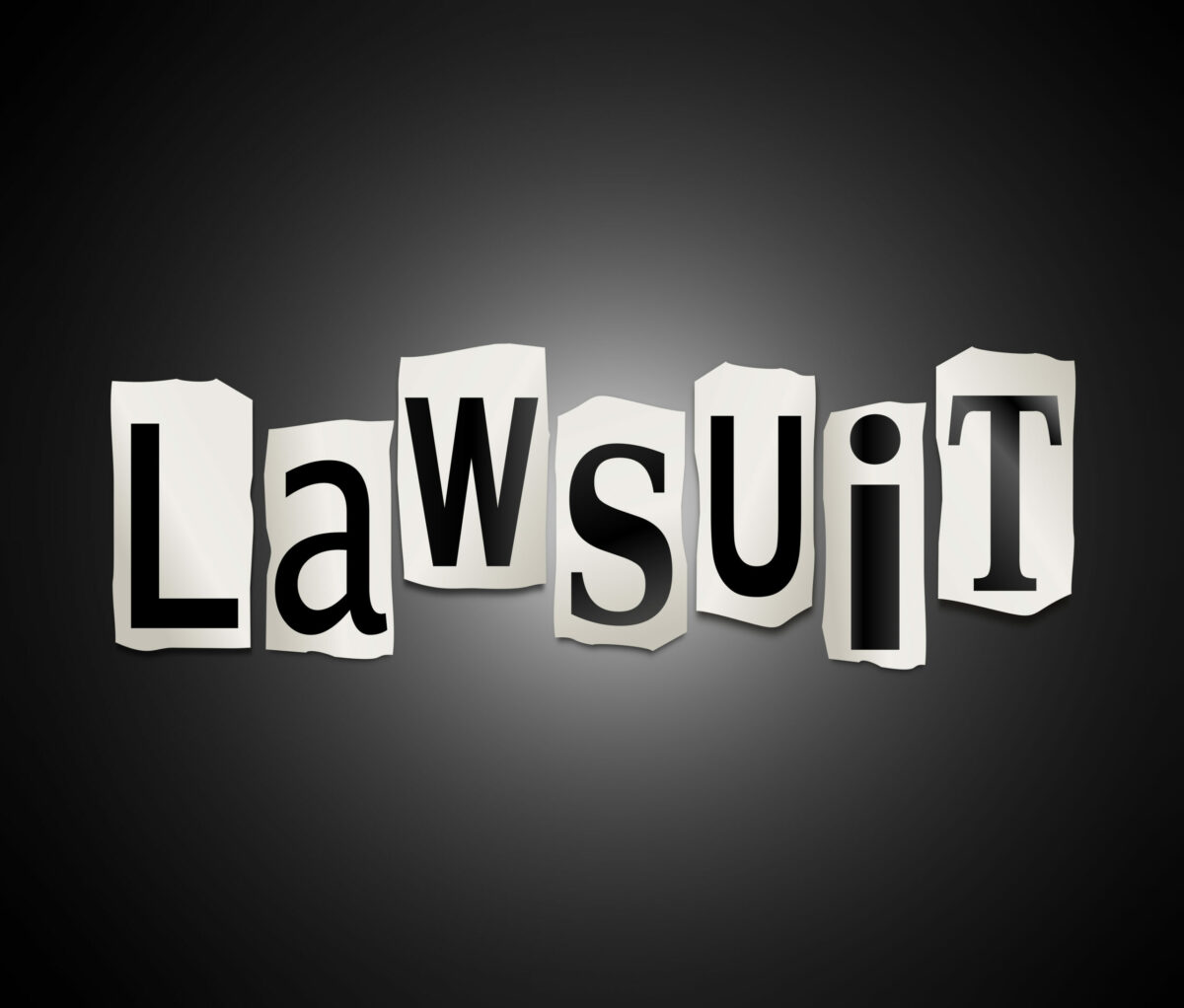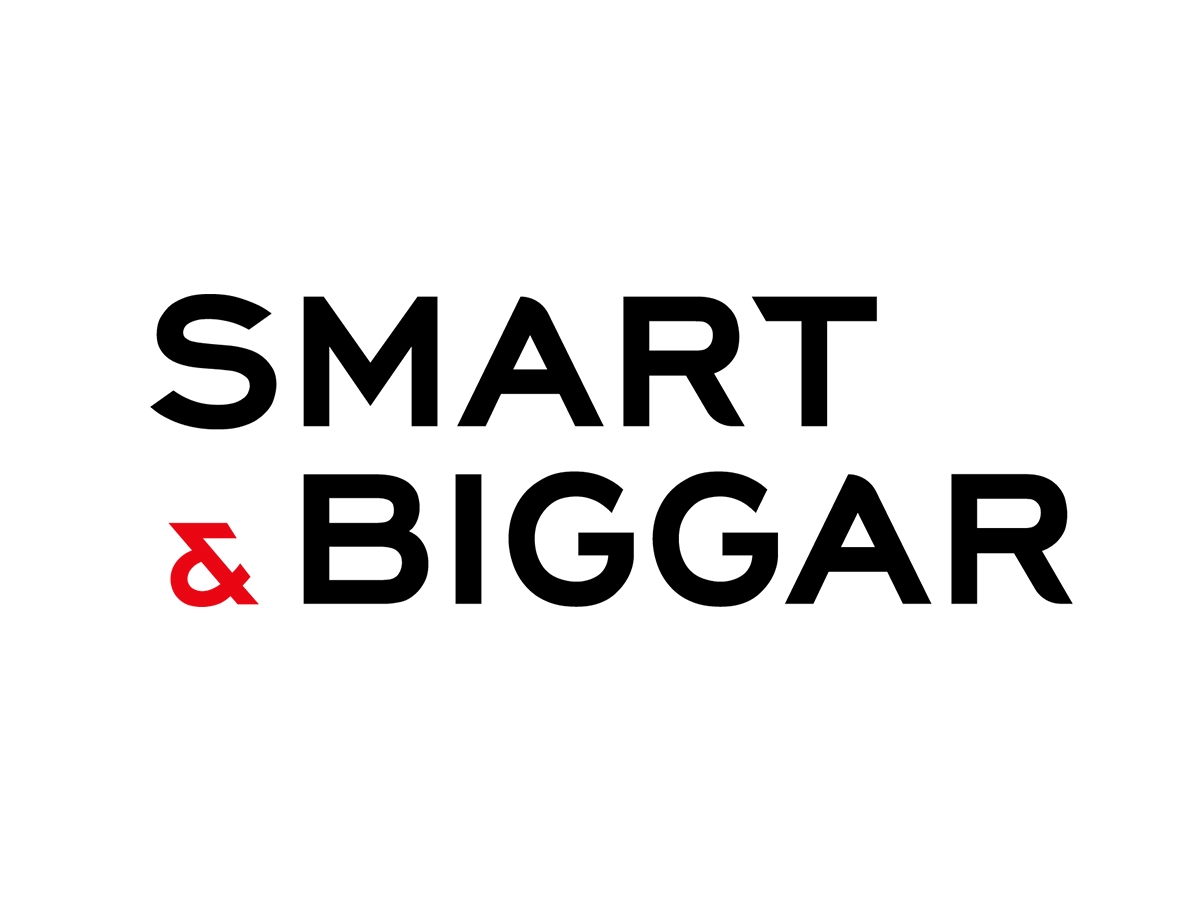The Federal Circuit Interprets the Application of 35 USC § 285 and Attorney’s Fees | Sheppard Mullin Richter & Hampton LLP
In Dragon Intellectual Property LLC v. Dish Network L.L.C. No. 22-1621 (Fed. Cir. May 20, 2024), the Federal Circuit clarifies the standard for “exceptional” cases under 35 U.S.C. § 285. The case concerns attorneys’ fees and the application of § 285 attorneys’ fees to inter partes review (“IPR”) proceedings, and addresses attorney liability for § 285 fee awards.
Background
Dragon Intellectual Property, LLC (“Dragon”) filed lawsuits against Dish Network L.L.C. (DISH), Sirius XM Radio Inc. (“SXM”), and eight other defendants in December 2013, claiming infringement of U.S. Patent No. 5,930,444. DISH and SXM responded by asserting that their products did not infringe on the patent and that Dragon should have known this from a reasonable pre-suit investigation. DISH subsequently filed a petition for inter partes review (“IPR”) of the ‘444 patent in December 2014, which the Patent Trial and Appeal Board (PTAB) instituted, and SXM joined the petition. The district court stayed the proceedings against DISH and SXM pending the PTAB’s review but moved forward with claim construction for the other defendants.
Dragon’s counsel withdrew after the claim construction hearing. The parties then stipulated to noninfringement as to the accused products based on the district court’s claim construction order and the district court entered judgment of noninfringement. The PTAB later issued a final decision finding all asserted claims unpatentable in June 2016.
In August 2016, DISH and SXM moved for attorneys’ fees pursuant to 35 U.S.C. § 285 and 28 U.S.C. § 1927. The district court denied this motion. Before these motions were resolved, Dragon appealed the district court’s judgment of noninfringement and the PTAB’s final decision. The Federal Circuit affirmed the PTAB’s decision and dismissed the district court appeal as moot. On remand, Dragon moved to vacate the district court’s judgment of noninfringement and to dismiss the case as moot, which the district court granted in part, retaining jurisdiction to resolve the fees motions. The district court granted in part and denied in part the motions for attorneys’ fees, leading to the appeals and cross-appeals addressed in this case.
Issue(s)
- Exceptional Case Findings Under 35 U.S.C. § 285: Does the substantive weakness of a party’s position or the unreasonable manner in which a case was litigated make the case “exceptional”?
- IPR Under 35 U.S.C. § 285: Can attorneys’ fees include fees incurred during both litigation and IPR proceedings?
- Attorney Liability for Fees Under 35 U.S.C. § 285: Can a party’s counsel be found jointly and severally liable for the awarded fees under 35 U.S.C. § 285?
Holding(s)
- Exceptional Case Findings Under 35 U.S.C. § 285: Yes – the weakness in a party’s infringement position, as well as pursuing litigation despite being notified of noninfringement, can make the case “exceptional.”
- Attorneys’ Fees for IPR Proceedings: No –§ 285 does not extend to cover the costs of participating in IPR proceedings, even when they are directly related to the litigation.
- Attorney Liability for Fees Under 35 U.S.C. § 285: No – § 285 liability does not extend to counsel based on the exceptionality of the case.
Reasoning
Exceptional Case Findings Under 35 U.S.C. § 285: The district court determined that the cases were “exceptional” under § 285, thereby justifying an award of attorneys’ fees to DISH and SXM. The Federal Circuit affirmed the district court’s decision, noting the substantive weakness of Dragon’s infringement position, clear prosecution history disclaimer precluding infringement by the accused products, and Dragon’s continuation of litigation despite being notified of the noninfringement. The court concluded that actions such as pursuing litigation despite clear evidence of noninfringement can contribute to a case being deemed exceptional.
Attorneys’ Fees for IPR Proceedings: The Appellants argued that the district court erred in denying attorneys’ fees incurred during the parallel IPR proceedings, asserting that these proceedings were integral to the case. The Federal Circuit disagreed, noting that Appellants chose to pursue invalidity challenges through the IPR proceedings voluntarily, and noted that parties often strategically choose to argue invalidity before the Board because the burden of proof is lower than in district court than before the Board and IPR proceedings must be complete within a year of institution. The Federal Circuit clarified that § 285 does not extend to cover the costs of participating in IPR proceedings, even when they are directly related to the litigation. It emphasized the separate and voluntary nature of IPR proceedings as an alternative or parallel route to challenging patent validity, distinct from district court litigation. The court concluded that § 285 does not permit the recovery of attorneys’ fees incurred during voluntary IPR proceedings.
Attorney Liability for Fees Under 35 U.S.C. § 285: The Appellants also contend that the district court should have allowed Dragon’s counsel to be held jointly and severally liable for the awarded attorneys’ fees under § 285. The Federal Circuit affirms the district court’s decision, pointing out that § 285 does not explicitly extend liability for attorneys’ fees to counsel, contrasting with other legal provisions that do allow for holding attorneys personally accountable for certain costs. The Federal Circuit suggested that if Congress intended for counsel to be liable under § 285, it would have provided mechanisms for holding attorneys directly responsible for certain costs and fees like other statutes did. The court therefore finds no basis in the statute or precedent for extending § 285 liability to counsel based on the exceptionality of the case.






